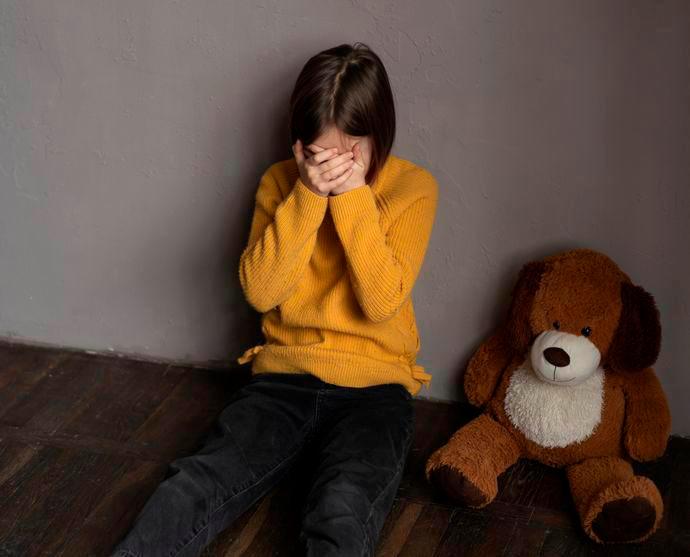PETALING JAYA: Incest is a growing concern in Malaysia, with 996 cases reported from 2021 to October 2024.
On Dec 16 last year, Bukit Aman Sexual, Women and Child Investigation Division principal assistant director Asst Comm Siti Kamsiah Hassan said victims, often as young as six years old, are mainly targeted by their biological fathers or close relatives.
She said most incidents involve low-income families with limited education, in which parents often fail to provide religious and moral guidance or show affection towards their children.
Lawyer Kokila Vaani Vadiveloo said incestuous relationships in Malaysia are addressed under various laws that criminalise sexual offences and protect minors from abuse and exploitation.
She said the legal framework defines incest as sexual intercourse between individuals prohibited from marrying one another under law, religion or cultural customs, emphasising that the definition lacks clarity.
“The focus is often on prohibiting marriage between immediate family members rather than adopting a broader understanding of incest as a criminal offence.
“Even under the Islamic Family Law (Federal Territories) Act 1984, the minimum marriage age is 18 for men and 16 for women but exceptions allow marriages below these ages provided written consent is obtained from a syariah court.”
ALSO READ: Incest cases rise nationwide since 2021, biological fathers linked to 60% of cases - Police
She said for non-Muslims, who are governed by civil law, the minimum marriage age is 18 and those aged between 18 and 20 require parental consent to marry.
She also said 16-year-old girls can marry in certain states with permission from the chief minister, as outlined in the Law Reform (Marriage and Divorce) Act 1976.
“One key factor contributing to the problem is Malaysia’s dual legal system that combines the common law system with syariah law. This creates loopholes that enable child marriages to exist, potentially increasing the risk of incest.”
Universiti Kebangsaan Malaysia sociology and anthropology lecturer Prof Dr Novel Lyndon said incest reflects social and familial dysfunction, with consequences that extend to individuals and society.
He said emotional stress, cramped living conditions and exposure to pornography often contribute to such behaviour while offenders, who are typically male, may be driven by unresolved childhood trauma, substance abuse or the need to dominate another.
“Cultural factors often deter families from reporting incest due to fears of tarnishing their reputation or social status. This reluctance stems from societal stigma as public exposure could lead to scrutiny and humiliation, especially in an era in which information spreads rapidly.”
Lyndon said incest cases highlight the tension between preserving family dignity and protecting children’s rights, and historically, laws in some societies allowed girls as young as 12 years old to marry with family consent.
“This reflects a clash between modern legal protections and traditional norms. Religious and cultural perspectives on marriageable age and practices complicate discussions on incest and child marriage.”
He said addressing the issue requires an approach that integrates education, community involvement and legal enforcement.
“Sex education in schools and universities is crucial for teaching young people about healthy relationships and boundaries.
“Awareness campaigns, anonymous reporting mechanisms, and support from religious institutions and social workers could help foster a safer environment.”
Technological solutions, such as mobile apps to report abuse, could enable victims to seek help discreetly while families play an essential role in the prevention of incest by educating children about its legal consequences, apart from teaching values and religion.
“Monitoring behaviour, fostering open communication and addressing signs of potential abuse are critical steps towards creating safe home environments. Awareness campaigns on the law and consequences of incest could empower society to safeguard children and uphold their rights.”









